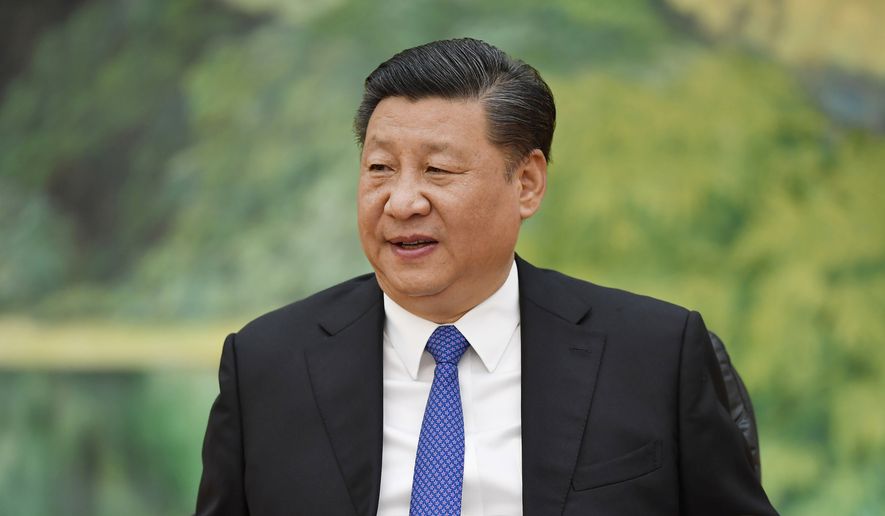OPINION:
President Trump invited hoots of ridicule from the elites from coast to coast (though not so much from the Great Lakes to the Gulf) when he said “trade wars are good, and easy to win.” Nevertheless, with trade tensions bubbling between the United States and the People’s Republic of China, the Trump administration has notched a couple of significant triumphs. That’s a good thing, because a rebalancing of the Sino-American trade relationship is all to the good.
Expanded trade with China over the past few decades has accomplished some good things, to be sure. Tens of millions of Chinese have been lifted out of extreme poverty, moving from field to factory, and a surfeit of inexpensive (and sometimes cheap) goods into the United States. The bounty available at Walmart, Target and on the virtual shelves of Amazon is largely there because of Chinese manufacture. It’s the tribute, you might say, that Communists have paid to capitalism.
But the collateral damage to many Americans has been significant. Economists David Autor, David Dorn and Gordon Hanson tallied up the economic impact in the areas of the country most exposed to Chinese imports. They found significant declines in job growth. The economists looked at U.S. manufacturing and determined that Chinese competition has led to lower wages. No wonder the deplorables were upset, and expressed their anger at the polls.
Trade between China and the United States has hardly been free. For years, Beijing artificially weakened its currency to make its exports more attractive, which is to say, cheap. China has subsidized its domestic industries in ways that shut out foreign competition. When foreign companies invest in China, they’re often forced to hand over prized intellectual property rights and set up joint ventures with Chinese companies. The result of this unbalanced relationship is a yawning trade deficit. Last year, the Chinese bought $130 billion worth of American exports. The United States bought $500 billion worth of Chinese goods. As the president might put it, “not good.”
Mr. Trump had been seething about it for months if not years, and early last month declared the United States would impose tariffs on $100 billion worth of Chinese imports. That was in addition to tariffs on $50 billion worth of Chinese imports previously announced. Beijing initially responded with bellicosity, saying it would impose tariffs on key U.S. exports to China, such as rice, soybeans, beef, and even bourbon whisky. These tariffs seemed specifically designed to hurt the deplorables.
Now there are signs that Beijing is thinking twice. That makes sense, and the Chinese are practical people. They understand that China has more to lose from a trade war than the United States. Their enormous exports to America are actually a liability. They need us more than we need them.
The big news from the east was announced this week. Until now foreign automakers that wanted to make cars in China, the world’s largest automobile market, have had to form a joint venture with a Chinese company to get a place at the assembly line. The Chinese insisted on this unfair rule when they entered the World Trade Organization almost two decades ago. It has become increasingly a problem as automobile manufacturing has grown more technologically advanced. Western manufacturers, including American automakers, worry that technology for self-driving cars, for example, might be stolen by their Chinese “partners.” The Chinese have raised such stealing to a high art.
That reasonable fear may soon be put to rest. “The Chinese authorities said that in the next five years they would ease rules that have long required carmakers like General Motors, Toyota and Volkswagen to link with a local partner before building a factory in China. For manufacturers of electric cars, as well as for companies that make jetliners, helicopters and drones, Beijing says it will move even faster, as reported by The New York Times, “eliminating foreign ownership limits this year.”
China coupled that with the announcement that it will put a tariff of 179 percent on American imports of sorghum, a grain popular in the South as a sweetener and feed for livestock. Beijing says the tariff is merely temporary, and the car rule is permanent. Trade wars may not be easy, and peace is usually better in all things, but on cars — no small category — Mr. Trump just scored a win.




Please read our comment policy before commenting.